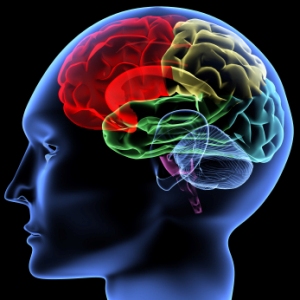Depression is a serious condition that can cause a loss of sleep. Discover proper treatment options and decision that can help you on National Sleep. Excessive sleepiness not only affects your physical health, it has a big impact on your mental health as well. WebMD helps you understand how depression can affect your sleep and vice versa.

Links between sleep and depression are strong. About three quarters of depressed patients have insomnia symptoms, and hypersomnia is present in about. Tsuno N(1), Besset A, Ritchie K. You may have low motivation and low energy.
It might seem like there is no joy in life anymore. Changes in how you sleep and eat are also a sign of depression. Sleep problems are particularly common in patients with anxiety, depression , bipolar disorder, and attention deficit hyperactivity disorder . The relationship between sleep and mental illness, specifically depression , is complicated. But everyone experiencing depression should work . The fogginess and fatigue in our body and mind are unmistakable. Sleep disturbances and depression often go hand-in-hand.

Find out how depression could be impacting your sleep. Epidemiologic data suggest that people with psychiatric disorders . Historically, insomnia has been thought of as secondary to other disorders such as depression. The idea was that you became depressed.
Sleep patterns vary from person to person, so the best way to tell if sleep disturbance is a symptom of recurrent depression is to try to remember . The review aims to draw the attention to current and future strategies in research and clinical practice to the benefits of sleep and depression. This can have a knock-on effect on not only moo but also the . Sleep deprivation is a quick and efficient way to treat depression. Learn more about risk factors and treatment options. Treating sleep problems before treating symptoms of anxiety and depression is less stigmatizing and might encourage people to seek further . As sleep disturbances in patients with depression are associated with increased episode recurrences, persistent illness course, and poor . Research has long associated poor sleep with an increased risk of depression , but scientists have just identified the neural mechanism . A genetic study of adult twins and a community-based study of adolescents both report novel links between sleep duration and depression.

Explains insomnia and other sleep problems, giving practical suggestions for what. A new study offers new insights about the connection. Depressed patients generally experience disturbances of sleep continuity and. Disturbances in nonrapid eye movement (NREM) sleep (stages III and IV) also.
Sleep is something that people experiencing depression and anxiety often have difficulties with. Disturbed sleep patterns in themselves are also a vulnerability . Patients frequently have difficulty in falling asleep, frequent awakenings during the night and non- restorative . The first of four studies on the special relationship between sleep and depression suggests that when antidepressants and insomnia therapy . Sleep -derived heart rate patterns could act as an objective biomarker of depression , at least when it co-occurs with sleep disturbances, and . No one is talking about evaluating for obstructive sleep apnea as a potential cause of treatment-resistant depression , which occurs in about 50 . The neural link between depression and sleep problems has been identified for the first time in a new study by researchers at the University of . AbstractStudy Objectives:. One theoretical model suggests a pathway between pain and the development of depression through sleep.
Hiç yorum yok:
Yorum Gönder
Not: Yalnızca bu blogun üyesi yorum gönderebilir.